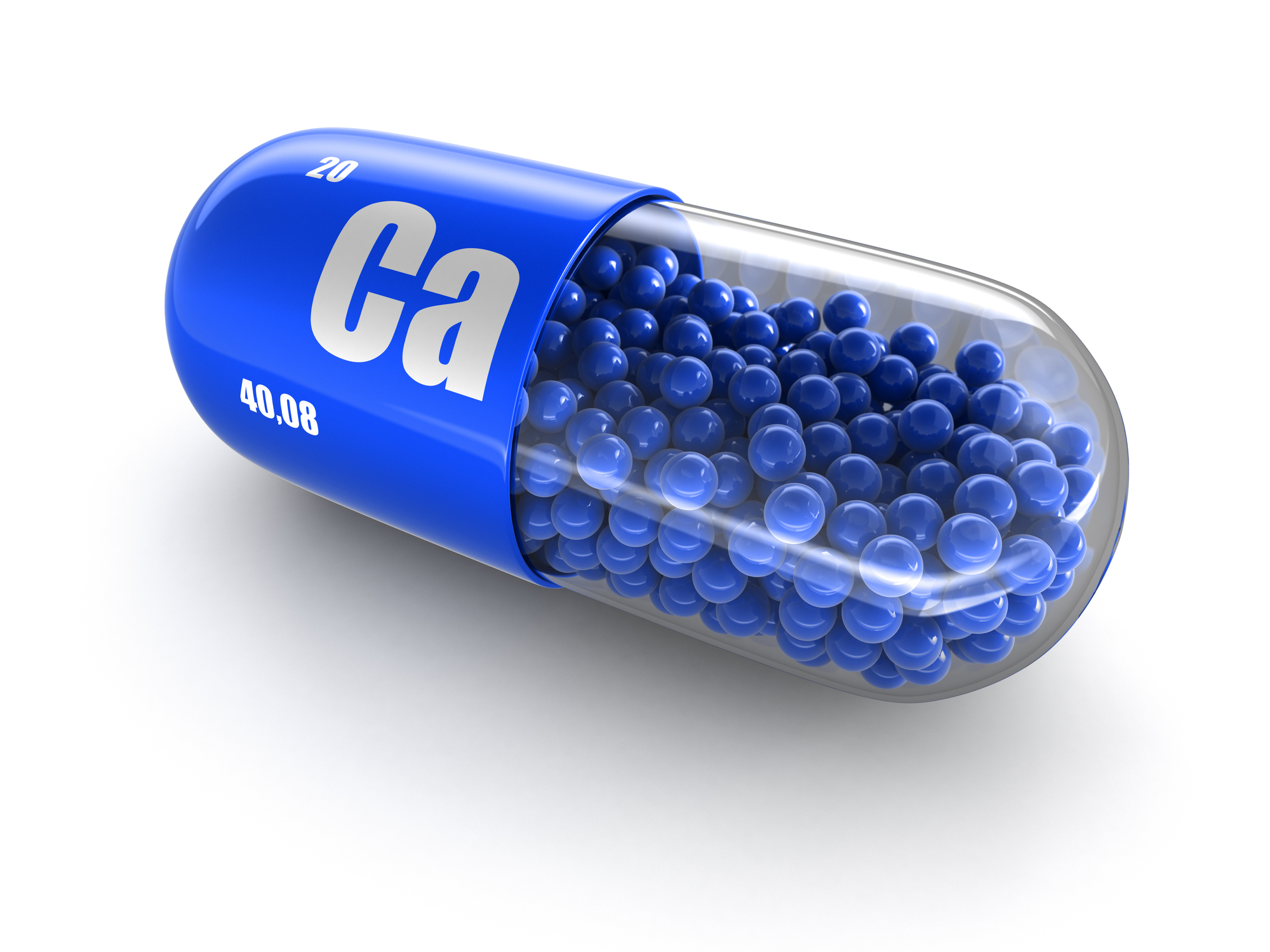Month: April 2014
Food: The Vital Adjunct to Cardiovascular Care
HealthyKitchens HealthyLives: Disruptive Wellness
“What if medical schools and schools of public health partnered with culinary and behavioral change experts to create new curricula for both health care providers and chefs? Might this novel strategy ultimately benefit both patients and the general public?” — David Eisenberg, MD at HealthyKitchens HealthyLives conference, March 14, 2014
This was the opening statement at the recent HealthyKitchens HealthyLives conference at the Culinary Institute of America (CIA) in St. Helena. Is Eisenberg an idealist or realist? Had I not seen it myself, I might have used the “i” word, with a capital I. As with any disruptive innovation, idealism is one part of the energy quotient that drives change. This conference explored the hands-on reality of how to affect lasting behavior change starting in the kitchen.
The Future of Medicine from Dr. Mark Hyman
On May 7th, Functional Forum, a Today’s Practitioner media partner, is taking on the mother of all topics, The Future of Medicine. Functional Medicine and digital health are on the cutting edge of taking medicine forward, and you will hear from some incredible doctors on the leading edge of the health revolution. The featured speaker is Dr. Mark Hyman, who will talk about the following:
What are the drivers of change in medicine?
How can we work to reverse chronic disease?
What role do community and connectivity play in scaling change?
Today’s Practitioner readers can register here to attend the live event in New York or watch live streaming from the comfort of your home or office.
College Students’ Familiarity with CAM Supplements
A Case for Ending Calcium Supplements
Should physicians stop prescribing calcium supplements for bone loss? Ian Reid makes a case for ending the practice. Calcium supplements may have little role to play in the modern therapeutics of osteoporosis. Therapy today should be based around prescribing safe and effective anti-resorptive drugs to individuals demonstrated to be at increased risk of future fractures.
Brown Algae For Medicine, From Food
Chronic Inflammation and the Western Diet
Chronic inflammation is the 21st century’s leading health epidemic. It is the single common factor that contributes to the development and progression of chronic illnesses, many of which can be caused and modified by diet. As seen in this commentary by John Neustadt, ND, pathologies once viewed as unrelated are now grouped into the category of “inflammatory disease” including: atherosclerosis, dementia, arthritis, vasculitis, diabetes, and autoimmune diseases. In this report, Neustadt reviews the anti-inflammatory benefits of a “prudent diet,” including the Paleolithic diet and the Mediterranean diet. Though the Paleo diet is more restrictive in grain, legumes, dairy and potato consumption than the Med diet, both have significant overlap in macro and micro-nutrients.
Osteoarthritis Research Review
In May 2013, Harvard Medical School published a report on osteoarthritis in their Women’s Health Watch. In the report, they looked at “on-the-horizon therapies” that could change the way you treat the disease. In the report, Dr. Anonios Aliprantis made statement that should have made doctor’s rethink the way they treat OA. “We’re beginning to understand that osteoarthritis is a disease of the entire joint,” said Aliprantis, director of the Osteoarthritis Center at Harvard-affiliated Brigham and Women’s Hospital. “Much of the research over the last 20 or 30 years has focused on cartilage as the target. But we’re beginning to realize that there are important changes happening in the bone underneath the cartilage, and in the joint lining itself. As we begin to understand osteoarthritis as a disease of the entire joint, new treatment targets will emerge.”











